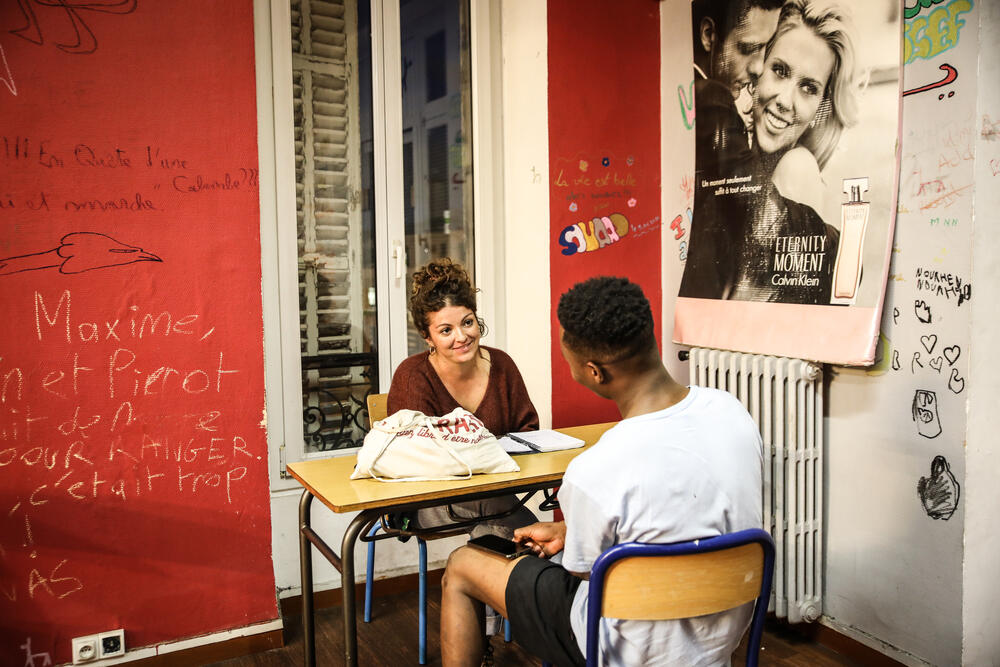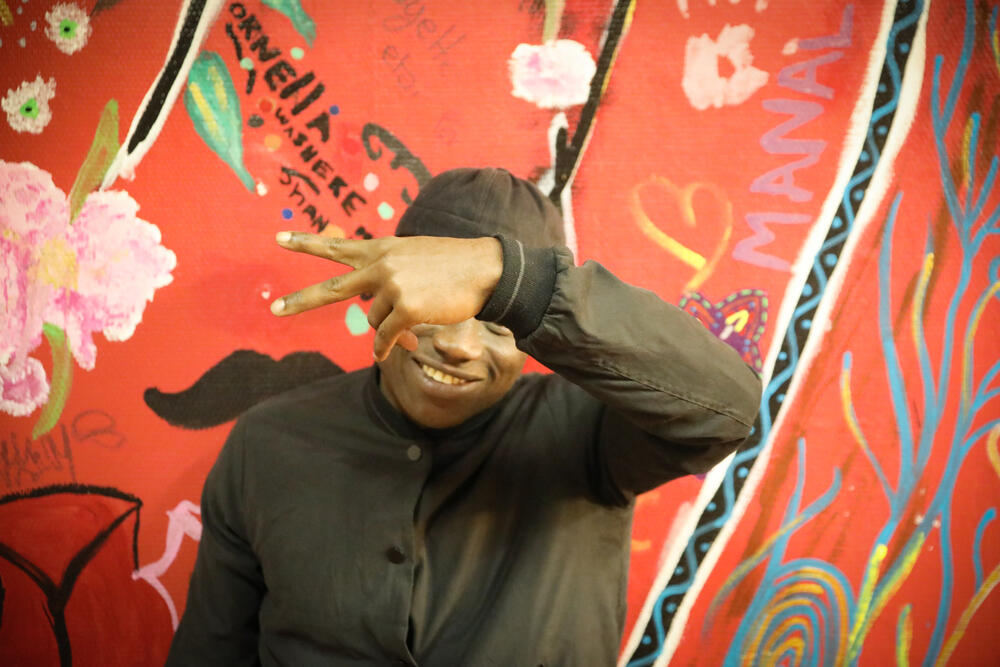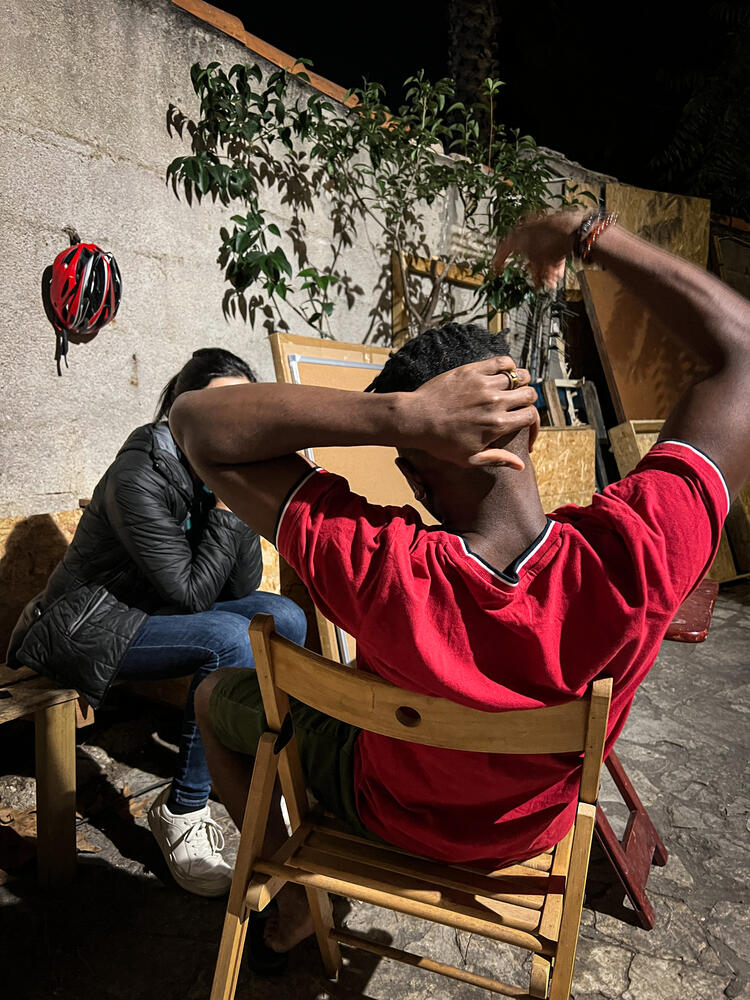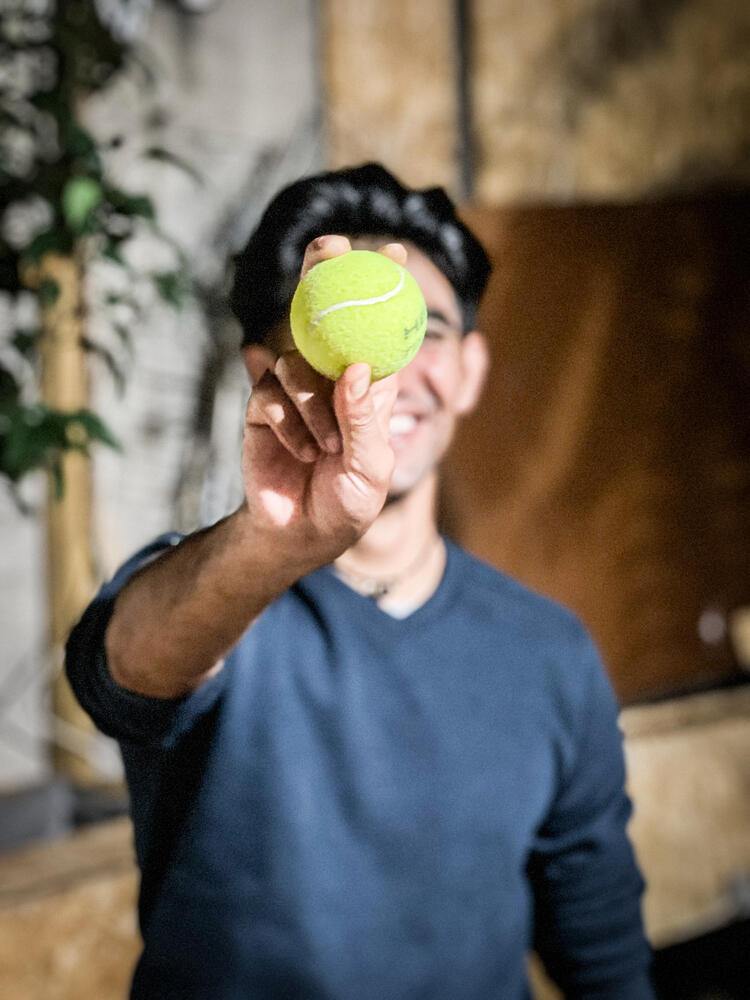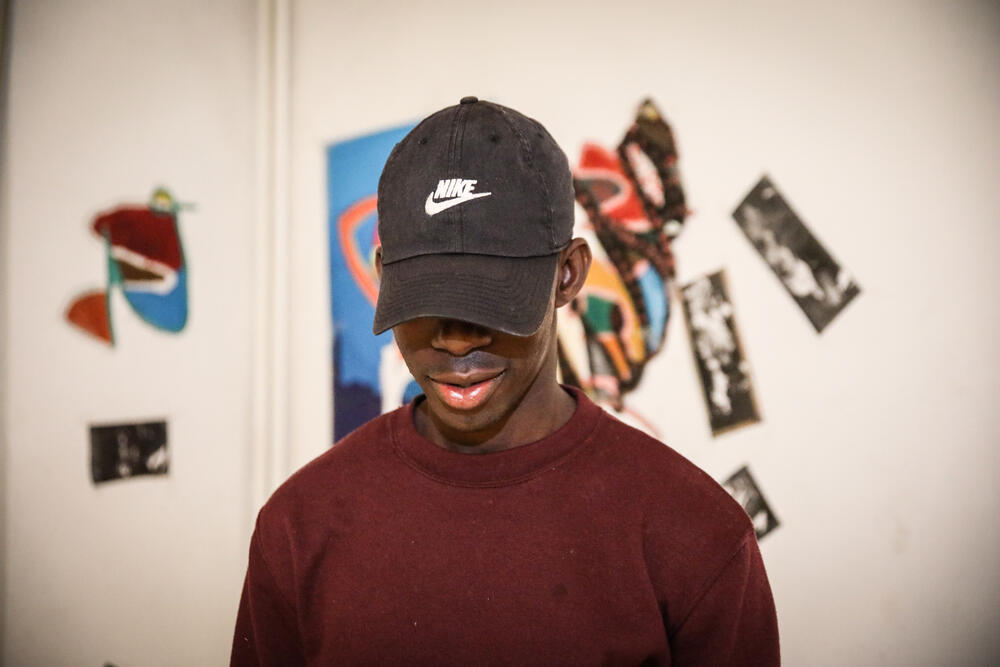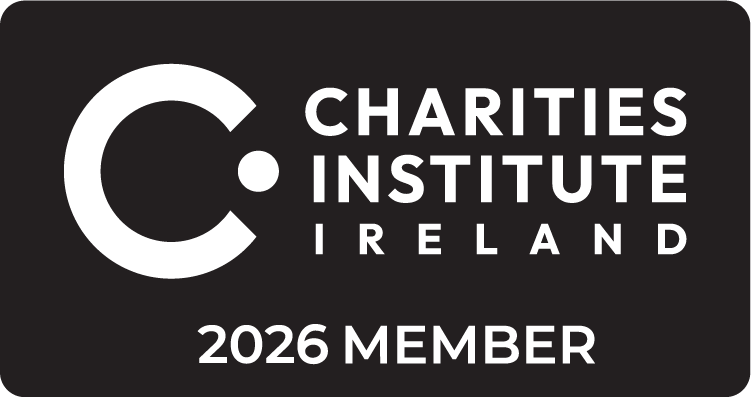Testimonies of age-disputed unaccompanied foreign minors: Three stories, three migration routes
19 December 2022
Since January 2020, MSF intervenes in Marseille to provide shelter and multidisciplinary support to age-disputed unaccompanied minors. When these young people arrive in France, they come up against the institutional violence of the authorities, who are supposed to protect them. They are indeed considered primarily as irregular migrants, to the detriment of any consideration related to child protection. MSF provides them with medical, psychological, legal and social support in collaboration with partners. MSF also supports local solidarity groups by providing logistical and financial assistance, as well as health monitoring for age-disputed unaccompanied minors living in squats. Below are testimonies of three age-disputed unaccompanied children who received medical care by MSF in a shelter run by MSF or in a squat in Marseille.
Seydou* is an age-disputed unaccompanied minor, who currently lives in a squat in Marseille. He arrived to France passing through Morocco and Spain. MSF offers financial and medical support to the squat which currently hosts 20 age-disputed unaccompanied children, and which is managed by a local association called ‘Collectif 113’.
Jahan* is an age-disputed unaccompanied minor, who currently lives in MSF shelter in Marseille. He walked more than 6,500 Km through the Balkans before reaching France.
Bakary* is an age-disputed unaccompanied minor, who currently lives in a squat in Marseille. He arrived in France passing through Libya and Italy. MSF offers financial and medical support to the squat which currently hosts 20 age-disputed unaccompanied children, and which is managed by a local association called ‘Collectif 113’.
Seydou*, 16 years old, Côte d’Ivoire
"If I went to school, I would be thinking about my future rather than looking back at the past".
My name is Seydou*, I am 16 years old and I come from the Ivory Coast. My father died when I was a child and my mother lives in a village far from the capital. I don't manage to contact her very often, because she doesn't have a phone and we are obliged to rely on other people to speak sometimes.
In January 2022, I took a boat from Morocco: a trip I want to forget. However, this was the first question I was asked by the assessors from the child protection services. I had just arrived in France and I wanted to forget everything, but no, they insisted to know every little detail, and wanted to know everything about the trip. I told them the whole truth.
I wanted to forget everything
The most difficult part of my journey was the passage through Morocco. I was locked up for weeks in a house with other children and men. I learnt the destination of our journey the day we left Casablanca. We went through the desert and the trip was incredibly difficult: I was in a truck with tinted windows with dozens of people, I couldn't see anything and I decided to sleep, sitting down, all the way to avoid thinking.
When we arrived in Laayoune, on the Atlantic Ocean, it was daytime, and we had been travelling for 16 hours. At the seaside, they asked us to board a dinghy. I was very scared because I had never seen the sea. On the boat, I had completely lost my sense of direction: I didn't know where we were or in which direction we were going. Some of the kids next to me were throwing up, the waves had soaked all our clothes, I was shaking with cold! When we saw a rescue ship, it was already dark, everything was black, we could not see anything. A Spanish rescue boat picked us up in the night and we were transferred to Santa Cruz de Tenerife.
I was rejected because my story was not detailed enough
When I arrived in France, telling the assessors about my journey made me live through the trauma again: I wanted to start a new life, but I was asked to tell them everything I had experienced. I didn't do it, I was tired, I wanted to forget, and I didn't trust them.
So they went after my documents. I only had copies with me. I explained to them that I could get the originals by contacting my brother who lives in Abidjan. I told them the whole truth and they could check for themselves that I was not lying!
Finally, I was refused on the grounds that my story was not coherent, not detailed enough and that my documents were not valid.
Living on the street cannot be an option
Despite everything, I was very lucky. If the ‘Collectif 113’[a local association] hadn't taken me in, I would have stayed on the street. Life on the streets is full of dangers, there is trafficking and when you are left alone, you can be caught up in malicious networks.
Since June 2022, I've been part of the ‘Collectif 113’ and I spent a few months in the squat on the Canebière [a popular street in Marseille]. When the police evacuated us, we had to find another place, because life on the street can’t be an option. In this squat, I am supervised by educators. The fact that I can for example walk to the central station, go to the market to do some shopping or take a walk around the neighborhood, makes me feel free as I don't feel threatened like I was in Morocco.
I want to imagine a future and forget about the past
But apart from that, I couldn't fulfil my biggest dream: going to school. I want to find a job, study and start a new life, have friends and go out with them. At the moment, I spend my days lost in my thoughts. Often the memories of my journey come back. If I went to school, I would be busier thinking about my future rather than looking back at the past.
Jahan*, 17 years old, Afghanistan
"I walked over 6,700 kilometers from Afghanistan."
My name is Jahan*, I will be 18 soon, in December. I have been in the MSF shelter for 8 months already. I arrived in France about a year ago. I have walked more than 6,700 kilometers and travelled through 11 countries. My journey started when I was 13 years old. I don't know how long I was on the road, I don't remember it.
I left my hometown, Tizin, in Afghanistan when I was 13 years old. Tizin is located in a valley surrounded by mountains, there is green everywhere, goats and a small river runs along the mountain, next to my village. Most of the villagers are farmers. I myself have raised goats. It's a small village, but with beautiful scenery!
My father was a policeman and a hard worker, he was a brave man. He died when I was 9 years old, bandits killed him. I never knew my mother, she died after I was born. I was raised by my sister, who is 10 years older than me. When I decided to leave to look for a better future, she accompanied me to our cousin's house in Kabul. She accompanied me to the station and put me on the bus and we looked at each other through the window one last time: she was crying a lot...
In Iran, the police used to beat us on the head with sticks
From Tizin I went to Surobi, then to Kabul and finally to Nemruza. From there I went to Iran. In Iran, life was very difficult! Iranians don't like Afghans very much and we were attacked by the police for no reason! The police were beating us on the road...we were just walking, and they were coming towards us to beat us. They were hitting us with sticks directly on our heads. It was one of the hardest countries I've been through.
From there I was able to move by tuk, but the rest of the way I walked. I didn't take a train or a car. Sometimes we walked for days without stopping in the mountains...10, 12 days until we were exhausted. We stopped in villages, sometimes in the countryside to eat roots, herbs, tomatoes, when we were lucky, there were farmers who offered us a meal.
From Iran, I continued to Turkey. There I worked for 6 months. As I was very young, I was not paid much, and it was just enough to live on. From Turkey I went to Bulgaria. From there I went to North Macedonia. Another country, where I was beaten a lot by the authorities at the border. Then I went to Serbia, where I spent about 5 months. From there I also tried to cross the Romanian and Hungarian border, but it was not easy at all!
At the borders of Europe, I got beaten up a lot
The border police are aggressive, there are barriers everywhere, dogs trained to run behind you to bite your calves. Once I was caught with other young people in Hungary, we were beaten all over our heads, legs...and they put us in a car with tinted windows. During the whole operation we were filmed, then the police took us to the other border and kicked us out of the car. Each time they filmed us to show that they had done their job.
On the borders of Europe, I got beaten up a lot, I saw people dying and I experienced a lot of violence. Once I arrived in Europe, I found calm and peace. The violence at the borders cannot be compared to that of the big European cities.
I saw people dying on the road. If you get hurt, it's over. You can't be looked after, it's a matter of survival, it's either you or him. You can't look back. I saw a person fall in front of me, he had collapsed from exhaustion and injuries...we had to run to get away from the police, we couldn't help him up. This is inhuman!
So we decided to go to Bosnia-Herzegovina, then Croatia and finally Slovenia. In the last two countries, I felt relieved: I was in Europe and I was in safe countries, where they were no more concerned about me. From Slovenia, I then arrived in Italy: I went through Milan, Turin. I only stayed 10 days in Italy. Then we continued the journey to Montpellier, where I stayed for three days.
In Marseille, I had a very difficult time
I came back to Marseille, where I slept for two days at the Gare Saint-Charles and I didn't eat anything during that time. Then I spent a very difficult month in Marseille, sleeping in a tent on the street. I had no clothes and only ate cakes that a woman brought me from time to time. I was then referred to the Child Welfare Office and stayed in a hotel for a while. [While waiting for his minority assessment by the department].
The assessors told me that I was lying about my age and I found myself without an option again. I was refused because of my documents. They asked me for the taskera, but I told them I had left it in Afghanistan. With the arrival of the Taliban, I could no longer ask my friends for these documents. I was put back on the street.
I met volunteers from an association who helped me to find refuge with solidarity hostels. I was hosted for several days by a family in Arles. I had a great time with a young couple, they were very nice, we shared meals together, but they couldn't put me up for long. When they went on holiday, I was referred to the MSF shelter by a social worker.
I want to become a policeman, like my father
I have been with MSF for eight months and I have started to go to school. I am learning French, even though it is very difficult. I already speak several languages: Pashto, Dari, Urdu, Farsi, Hindi, Baluchi, Turkish and French! I have difficulty with English, but I understand a little of the language, as I have learned a few words during this long journey.
I study carpentry and my teacher was surprised that I already know how to build doors and windows. I learned it when I was in Turkey where I worked to survive. If I work hard and learn French well, maybe one day I can become a policeman, like my father.
I love cricket, it is a very popular sport in Afghanistan. In Marseille, I have never played cricket, I don't have a bat and I would love to have one and be able to find friends to play with.
Bakary*, 16 years old, Côte d’Ivoire
"My dream is to become a scientist. I would like to study and take a degree. "
I left Côte d'Ivoire with my uncle. We went through Burkina Faso, then Niger and crossed the desert to Libya. When I arrived in Libya, I was already extremely tired and exhausted, as I had fallen ill.
We waited for weeks in a locked warehouse with hundreds of people. We only ate a piece of bread when the guards gave us some. One morning, one of the guards finally put us on a dinghy. I was terrified: every time a wave hit the dinghy, people fell into the water. Once you fall in the water, it's impossible to get back in the boat. All hopes drown in it. My uncle also drowned in the Mediterranean sea, and I was suddenly alone.
I was rescued by a rescue ship and brought to Italy, but despite my best efforts, I did not manage to learn Italian. Since French is my native language, I came to France to study.
When I arrived in Marseille, I first spent the night at the police station and then I was placed in a hotel for a fortnight. When you try to explain to the assessors everything you have been through, they think you are lying. They turned me down, saying I was lying about my age, and I was told I could appeal the judge's decision. An appeal? I had never heard of that, I didn't know what that word meant. I was so confused and sad that I took the first bus that passed and stayed on the bus until the end of the line. An elderly person noticed me and asked me if everything was okay. I cried and explained my situation. He referred me to a group of volunteers, who took me in, gave me shelter and explained the appeal procedure.
When you stay alone on the street for a long time, there are malicious people who approach you and if you don't talk to anyone for days, you can go crazy. I have been very lucky to meet volunteers, who take care of me, guide me and help me with everything.
My dream is to become a scientist. I would like to study and take a degree. I am a very curious person, and I ask myself many questions: I would like to know more about how people live and organize themselves, to go further in the search for the meaning of life.
*names have been changed
